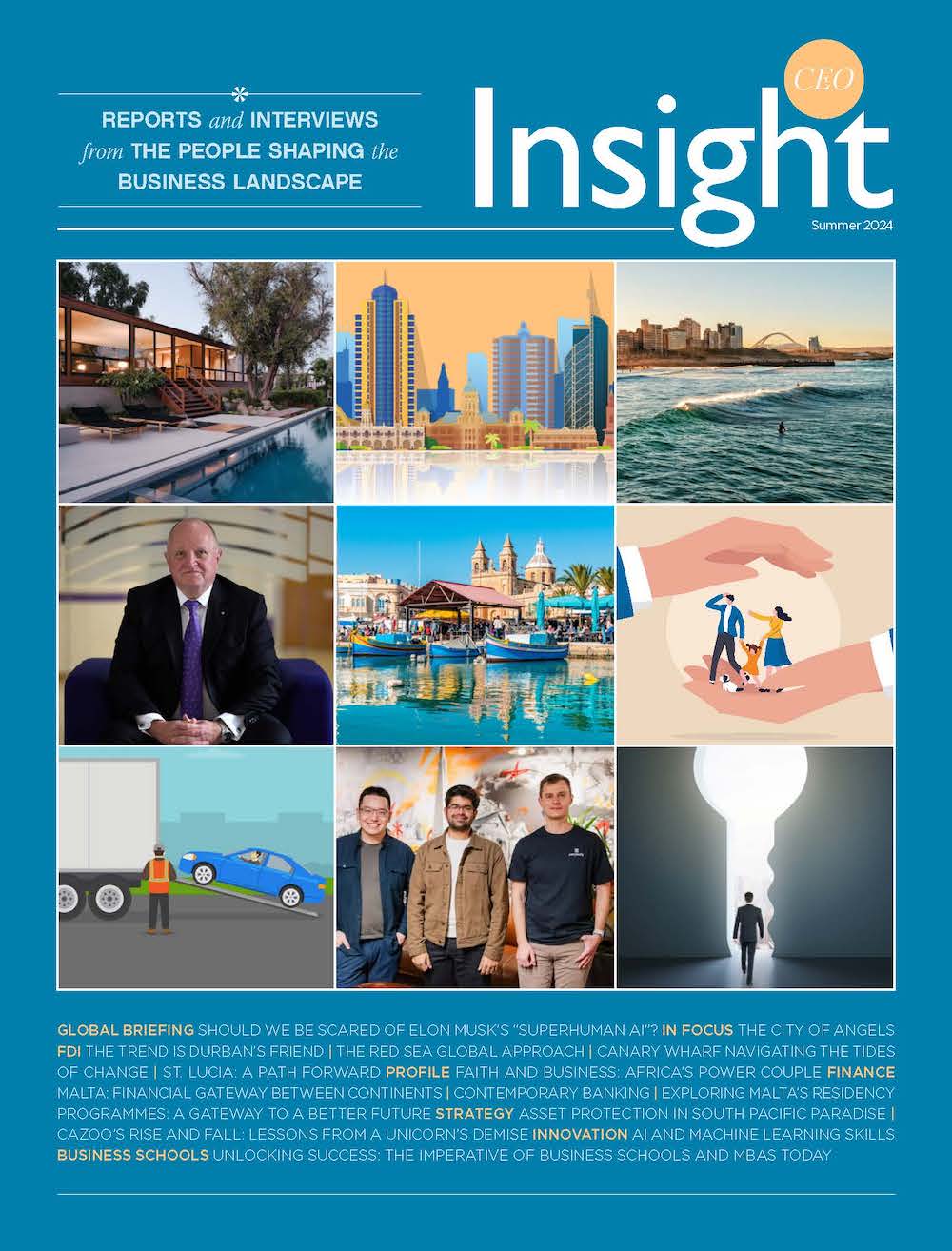The Future of ESG Investing is a Promising One—If We Can Get our Act Together
Share

The future of environmental, social, and governance (ESG) investing—often referred to as sustainable investing—lies at the intersection of impact investing and bold, diverse leadership. It is at this crossroad where global businesses and financial institutions can move from more passive ESG divestment strategies to more proactive investment approaches that create value for consumers from all walks of life—generating a positive social and environmental impact.
But what will it take to get there?
As with any investment philosophy and process, you must lay the foundation with a clearly defined set of objectives tied together by a strong framework. Sir Ronald Cohen, often considered the father of impact investing and European venture capital, recently stated that to lead ESG away from greenwashing, we must integrate standardized impact measurement into mainstream investment practice—the same way we did with risk measurement two decades ago. The reluctance to do so significantly holds back ESG from reaching its full potential.
As long as we continue to invest with outdated frameworks, we will fail to create space for the future. The right framework should prioritize future risk (rather than risk-based past performance), as the world we live in today—with its very real climate and water risks—looks far different from the world as it was decades ago, with less data and even less foresight.
“As long as we continue to invest with outdated frameworks, we will fail to create space for the future.”

Alix Lebec
For these reasons, it’s imperative that global regulators work together on an international framework for impact standard—one that ascribes a dollar value to the social and environmental costs or benefits of a company’s operations. In fact, Harvard University’s Impact-Weighted Accounts Project has successfully developed a feasible and cross-comparable approach for a dollar-term impact assessment. This is critical because if we continue down the path of climate inaction, the global economy stands to lose USD178 trillion by 2070, according to Deloitte research. And the 3.4 billion people living in poverty will be most impacted by climate risks—as the overwhelming majority live in areas highly susceptible to droughts, extreme flooding, and rising temperatures.
Integrating impact risk factors provides us with an opportunity to invest in our future rather than destroy it at a time when weakening infrastructure, rising inequality, worsening public health, droughts, and crop failures are a serious threat to business interests and the global economy. The climate crisis is already the result of global inaction. ESG investing done right—with the intention to proactively generate long-term value—gives investors a chance to build a more sustainable and equitable future. It also provides investors with an opportunity to diversify their investment portfolios, and back the latest innovations and companies that are closely tuned in to the global needs and desires of the next generation of consumers. Today, 83% of millennials want brands to align with their values and help them make better ethical and environmental choices, according to 5WPR’s 2020 Consumer Culture Report. This includes factoring in consumers in emerging markets, where 90% of the world’s population under 30 lives.
The development of the International Sustainability Standards Board (ISSB)—recently launched by the International Financial Reporting Standards (IFRS) Foundation—is taking steps toward developing a comprehensive, global baseline for sustainability/ESG disclosure and reporting standards. It is also increasing regulations around standardized disclosures. However, we still lack a common approach and comparable, reliable data across the E, the S, and the G. Hence, self-reporting—alongside multiple and constantly changing regulatory requirements for disclosures, reporting, and marketing—can become costly and create headwinds for ESG investing. Digging in now and ensuring that all investments are assessed through an ESG lens will help investors be better prepared and successful in the future.
In short, it will require bold leadership, globally standardized impact data, and proactive impact investments to generate long-term value for people and planet, alongside long-term profitability. Only then can ESG most effectively contribute to societal and economic progress and steer more capital toward people, businesses, innovations, and solutions solving the world’s biggest, most intractable challenges. In a globally interconnected economy where nearly half of the world’s population lives in poverty, it will also help ensure that those least responsible for rising temperatures are not left behind. On the contrary, failure to address this will only exacerbate inequality, instability, and conflict—and limit our potential to thrive together.
…
Alix Lebec is the founder and CEO of Lebec Consulting, a women-led firm that advises corporations, foundations, financial institutions, high-net-worth individuals, and entrepreneurs on how to achieve their greatest social impact through catalytic philanthropy, impact investing, and ESG.



























